Review of the Day: I Wish by Toon Tellegen, ill. Ingrid Godon, translated by David Colmer

I Wish
By Toon Tellegen
Illustrated by Ingrid Godon
Translated by David Colmer
Elsewhere Editions
$22.00
ISBN: 9781939810328
Ages 9 and up
On shelves now
The books for children I love best are the orphans. The books that have no equivalent, parallel, or comparative equal. They are the books deemed “special”. Often “too special”. Sometimes imports (often imports) they refuse to slot into those neat little boxes where the forgettable children’s books go to live and die. These books won’t be demanded by hundreds of thousands of American children. Generally, they appear on the shelves of cute specialty stores and quirky bookshops. You might see them in a museum gift shop, if the shop manager was feeling particularly adventurous in their ordering. They are purchased by aunts and uncles that want to give their nieces and nephews something cool and weird and wonderful. Something that kid might pick up again, years later, and take to college, where they read passages aloud with friends late into the night. Or, in the case of I Wish, you might have parents with quirky kids that love words, handing them this book because it is poetry (is it?) and Dutch. Don’t all the cool parents give their kids Dutch imports? I Wish isn’t going to sit quietly in a category. It’s the kind of book that would rather wander off and make up its own categories, expecting you to follow dutifully behind. And you will, because it is strange and wonderful and ultimately very very memorable. Can many other books out there say half as much?

This is the part of the review where I summarize the book. I can do it, but bear with me a little. You see, to understand where I Wish is coming from, you have to begin with its artist. I say “artist” rather than “illustrator” because what is going on here blurs the very definition of those two terms. An illustrator works in the service of a book or story. Yet in the case of Ingrid Godon, the art came before everything else and, even now as I look at the book in its final product, it stands apart from its text. After looking at all those old-fashioned photographs that exist out there of serious children, staring intently into a camera lens, Godon created portraits of fifty-six people, as well as some light sketches. Old and young, they stare out at you, their expressions shifting ever-so-slightly. And so author Toon Tellegen gives voice to the closed mouthed and tight-lipped. The press for this book calls these poems “confessions”, and there may be something to that. Many begin with “I wish”, though some do not. Every one gives you that brief white-hot glimpse into another person’s mind. By the end, you know these people, who do not truly exist, better than you probably know some of your friends and neighbors.
ADVERTISEMENT
ADVERTISEMENT
If you are lucky, you will reach a point in your life where you can say to yourself (without inebriation), “I do not know what is going on right now and I am okay with that.” I suspect that there are some out there for whom this book is a supreme irritation. But for people who just sort of know how to let go, and float along with wherever it is this book takes them, “I Wish” is a deeply pleasant journey. What caused the Flemish Ingrid Godon to create the art for Ik Wou (I Wish), the portraits, is unclear. Certainly the book is not going to give away any of its secrets for free. I page through these portraits, not reading the words, just looking at the people. Godon’s style is distinctive and of a type that I can only describe as “European”. Alas, it is a style that turns off American audiences some of the time. It’s hard to say quite why. Is it to do with the amount of space between the eyes? The great, gaping foreheads? Yet the longer I look at this art, the more convinced I become that it will mostly be adults that are turned off by it. Babies, we know, love faces. Children love them too, and there is such variety here (though it is pretty clear that they’re all white Dutch people, so not THAT much variety after all). I think that American kids paging through this book may react with disgust, then curiosity, and then finally sheer fascination. Once you’re inured, you cannot look away. It’s just that kind of book.

And the poems. The poems, the poems, the poems. I read through them then come back later and read through them again. They vary in length, though none are too long, and they seem to specialize in jolts of recognition. Here’s how one starts: “Whenever something terrible happens, I immediately think: it’s my fault.” Or how about this one: “I want to fight something, but I still have to decide what. Not injustice, anyway. Everybody’s already fighting that.” One more: “I believe in God, but I can prove he doesn’t exist. Everyone believes me: ‘Yes, you’re right, he doesn’t exist… That argument is watertight… How could we have been so wrong…’ Then I have God all to myself.” As with any collection some are stronger than others, but for first sentences, Tellegen is a master in his field. You find yourself reading through the book faster and faster, even as you have the sickening sensation that you’re getting too close to the end. When it’s over, you’ve lost something. But the comfort is that you can just begin again, because it’s guaranteed that you’ve forgotten one of the poems entirely already. That thrill of discovery will always be there for you.
You will note that I recommend this book for kids 9 and up. I’d stand by that. There’s a level of sophistication to Tellegen’s writing (and, I should note, to Colmer’s EXCELLENT translation!) that will appeal to a certain, artsy kid. Consider Emma’s poem. It reads:
“I have a little list of conditions I have to
fulfill to be satisfied with myself.
When I read that list, I think,
there are two things I can do:
either make a list that’s even shorter
or never be satisfied with myself.
What should I do?”
Tellegen may be Dutch, but his work is not unknown to American audiences. Years and years ago, way back in 2009, I was entranced with his little early chapter book called The Squirrel’s Birthday and Other Parties, which some genius had handed to Jessica Ahlberg to illustrate. Of that book I wrote, “I hesitate to say that the stories bring to mind The Little Prince because I feel like they’re more child-friendly than that, but there’s certainly a similar mindset about children and the degree to which they can understand a story.” If Tellegen was challenging the bedtime set with his sweet stories of, for example, a cake that appears with a note saying it can only be consumed by “someone who doesn’t feel like cake”, imagine what he can do when given this blank canvas. Each person on these pages is looking at you. They may not be making eye contact, but they’re there. And it takes someone like Toon to bring their words to life. I imagine it must have been a lot of fun to write these poems. Fun, and maybe a little draining. He’s saying something about the human condition with each one of these thoughts and queries and ponderings. Even when they don’t say a word out loud.

Imagine the writing assignments you could attach to a book such as this though! Imagine that you make the kids pore through some fashion magazine, where the models’ bored expressions compete with the people in this book for sheer ennui. Imagine having the kids draw one of those faces on a full 9” X 11” piece of paper. Make sure they are honest, but not overly kind, to this face. It doesn’t have to be perfect. It has to be present. Now they must write an accompanying poem and in that poem the person they just drew must say something about what they wish for. Extra points if the thing that they are wishing for is a bit on the oblique side of things. “I wish I was a cinnamon stick”. “I wish that every time I saw a dog it would run up and try to bite me, just so I don’t have to guess.” “I wish the stardust in our veins had the guts to sparkle just a little, once in a while.”
According to the Dutch publication Tzum, this book, “has gone through reprint after reprint and was nominated for the prestigious Deutscher Jugendliteraturpreis in 2013”. You have to admire a nation where this is the case. Moreover, you have to admire the publisher Elsewhere Editions for making the attempt to bring it to American shores. Note the care with which they made sure to include plenty of transparent pages (even the cover!). The risk they took in presenting something this abjectly and unapologetically European on the American market. Translations of children’s books too often disappear without so much as a blip. But if ever there was a book worthy of a Batchelder Award, or some similar medal for translation and writing, it is this. A strange, melancholy, oddly hopeful book for our strange, melancholy, oddly hopeful little world. Must be read to be understood.
On shelves now.
Source: Final copy sent for review.
Filed under: Best Books, Best Books of 2020, Reviews, Reviews 2020
About Betsy Bird
Betsy Bird is currently the Collection Development Manager of the Evanston Public Library system and a former Materials Specialist for New York Public Library. She has served on Newbery, written for Horn Book, and has done other lovely little things that she'd love to tell you about but that she's sure you'd find more interesting to hear of in person. Her opinions are her own and do not reflect those of EPL, SLJ, or any of the other acronyms you might be able to name. Follow her on Twitter: @fuseeight.
ADVERTISEMENT
ADVERTISEMENT
SLJ Blog Network
One Star Review, Guess Who? (#202)
More Geronimo Stilton Graphic Novels Coming from Papercutz | News
Parsing Religion in Public Schools
Take Five: LGBTQIA+ Middle Grade Novels
ADVERTISEMENT



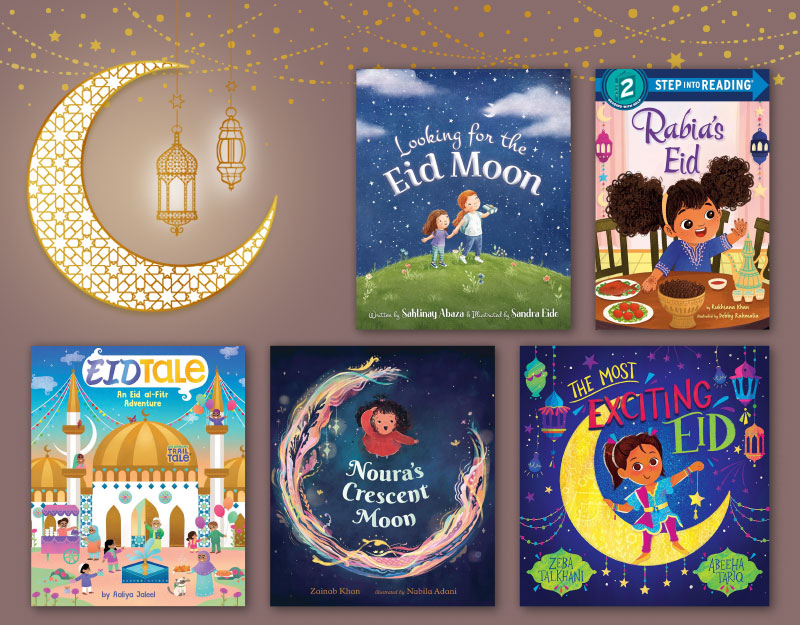
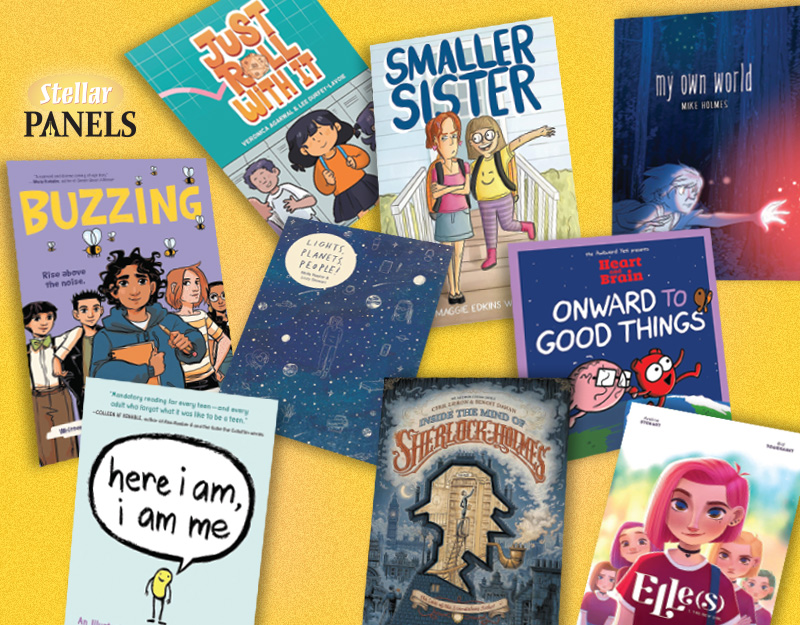
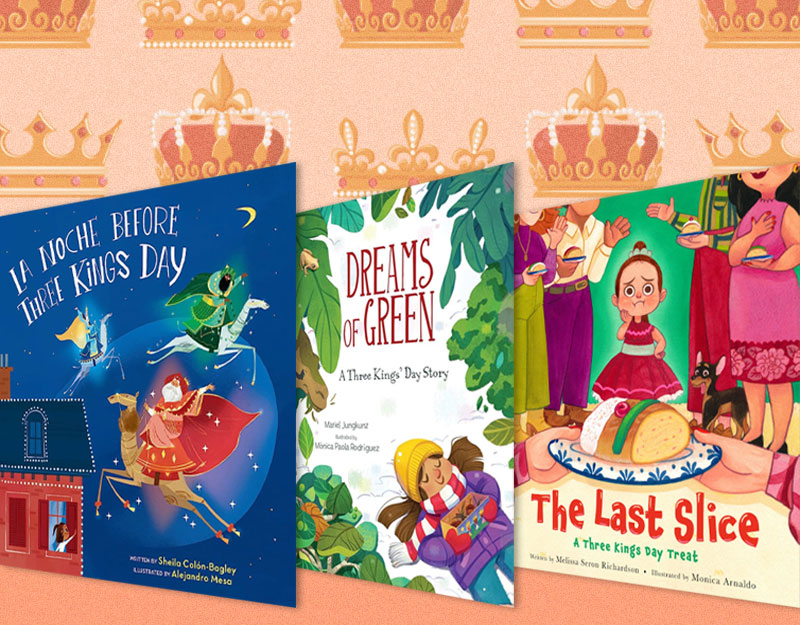
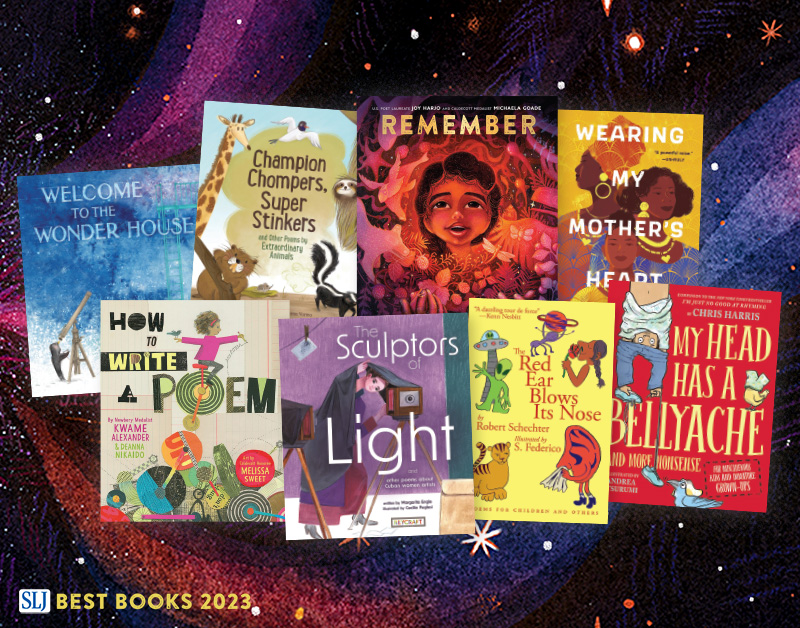
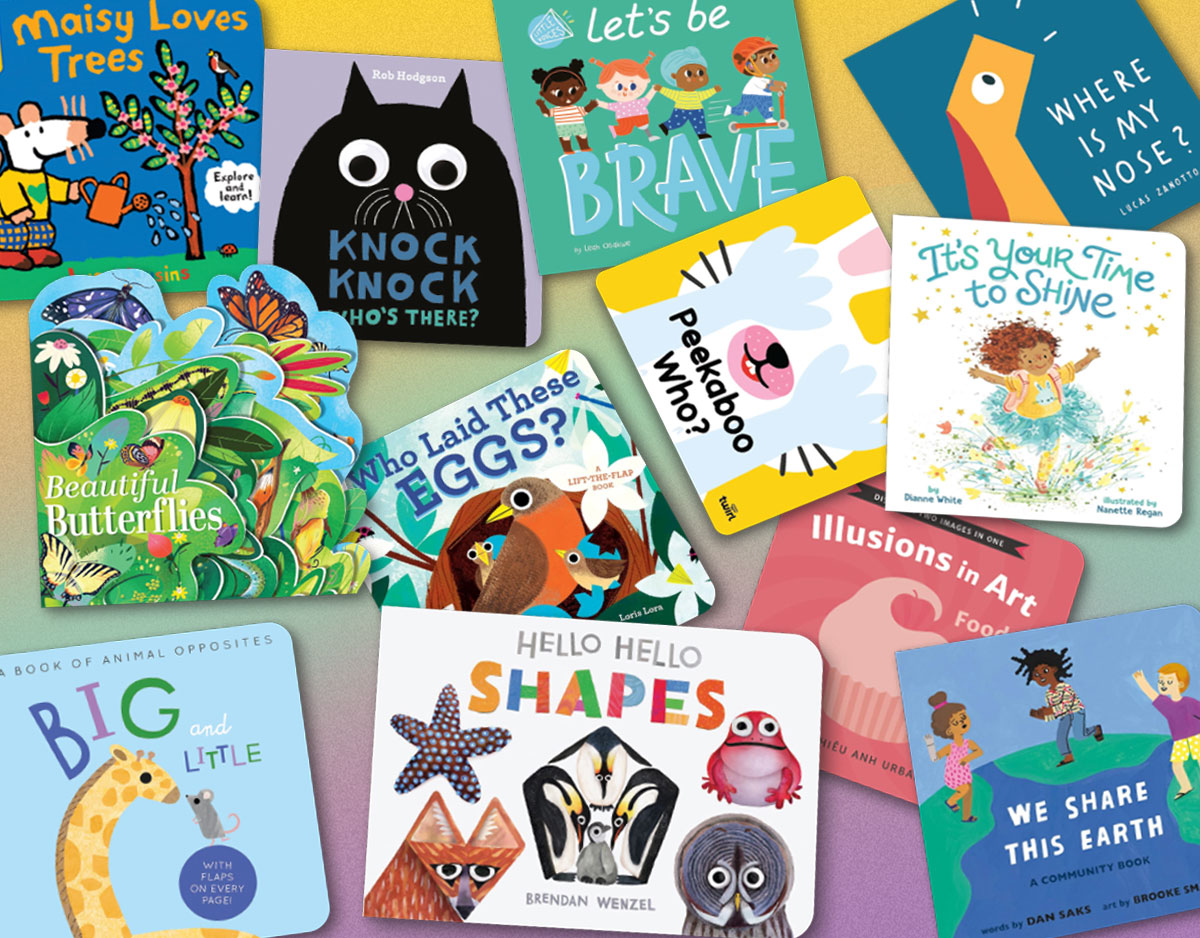
I am looking forward to reading the poems in this book. You mentioned admiration for the publisher of Elsewhere Editions. When my husband was serving in the army in Heidelburg, Germany, in 1970, the Netherlands was a favorite destination. There are so many memories I have of the land and the people. . . so much I found admirable. Friends had a trip to Amsterdam planned for May 2020. Perhaps they will be able to go next year. Thank you for writing about Wish.